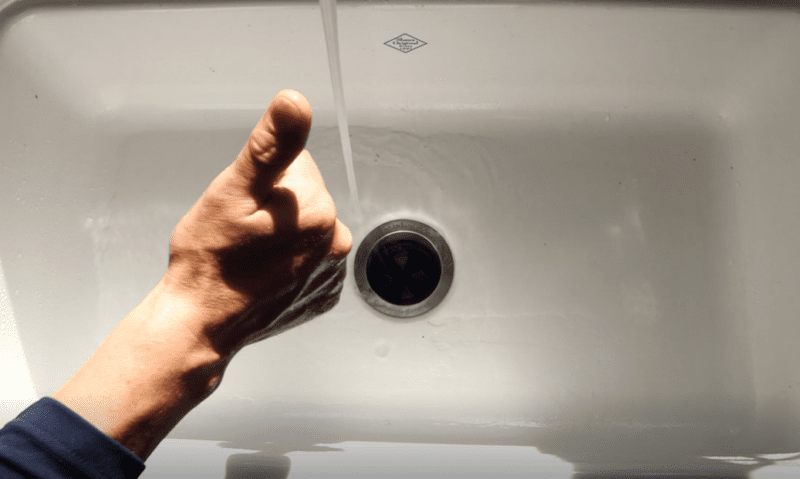Jan / 2024
Apollo Blog
Jan / 2024
What’s Included in a Furnace Tune-Up Checklist?
Sep / 2021
Fall in Love with Duct Cleaning
Aug / 2021
Top Ways to Stay Cool and Save This Summer

May / 2021
Tips for Managing Spring Allergies

Apr / 2021
How to Make Your HVAC System Work Efficiently
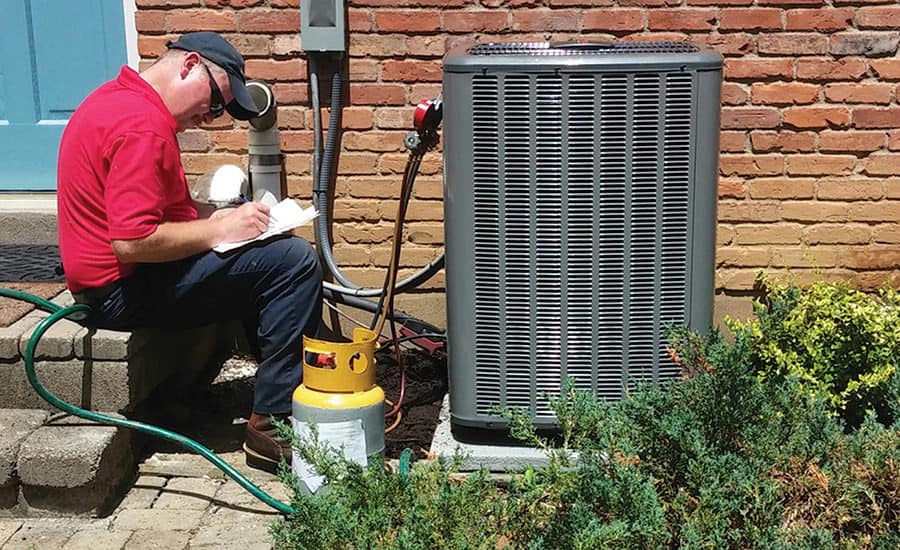
Mar / 2021
Tips to Jump Start your Spring Cleaning
Mar / 2021
Signs your Home Needs an Electrical Panel Upgrade
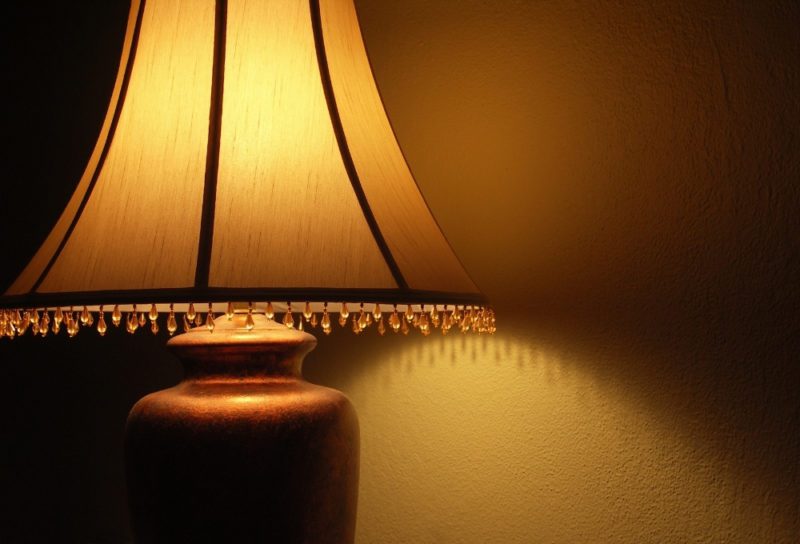
Feb / 2021
Presidential Comfort: White House HVAC and Plumbing Facts

Feb / 2021
Hello world!
Jan / 2021
Preventing the Problem of Frozen Pipes
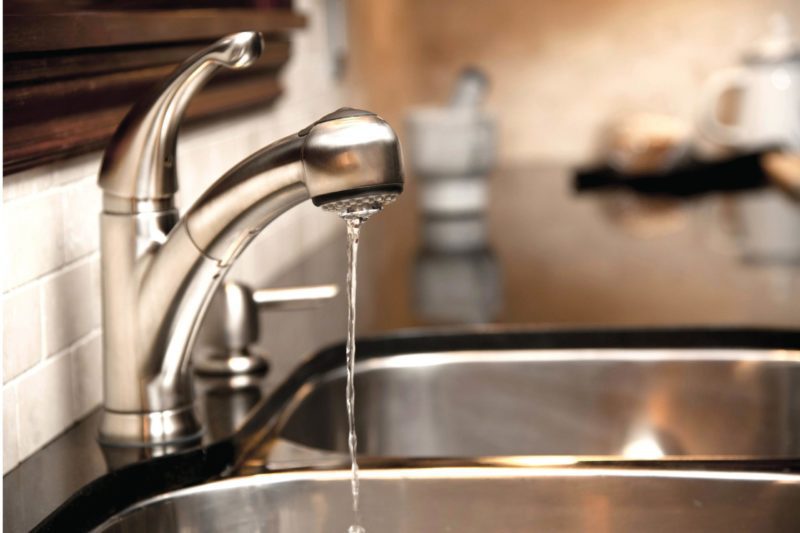
Jan / 2021
Ten Ways to Save Money Under Your Roof in the New Year
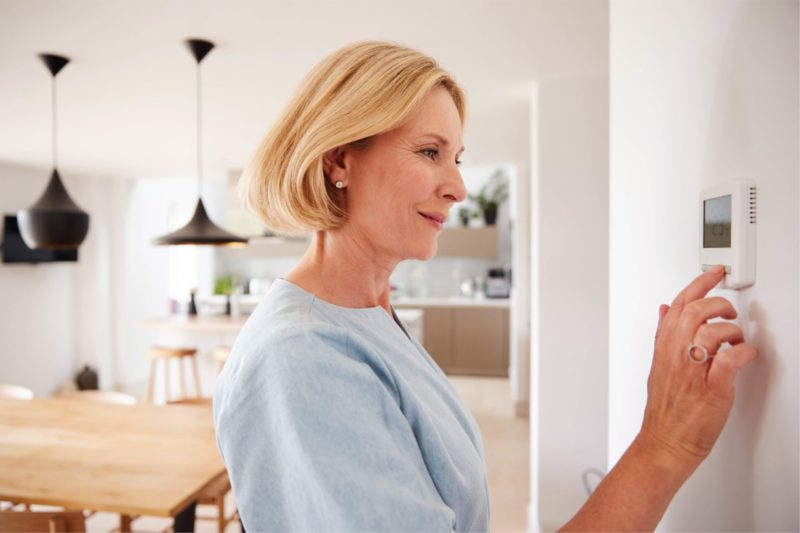
Dec / 2020
Making your Holiday Merry and Bright…Safely

Dec / 2020
Smart Home Automation is Simple with Nest Products and Apollo Home

Nov / 2020
Top Thanksgiving Foods that Cause Holiday Havoc in your Drains

Nov / 2020
Five Tips to Get your Home Ready for the Holidays

Oct / 2020
Creepy House Noises You Shouldn’t Ignore

Oct / 2020
Are Your Smoke Detectors Up to Code and Protecting Your Home?
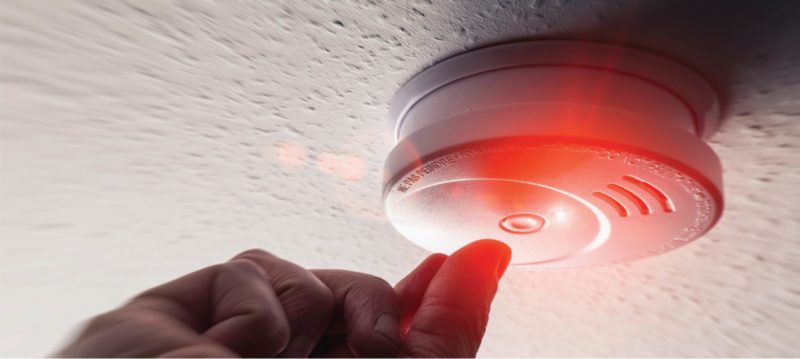
Sep / 2020
Why Early Fall is the Best Time for an HVAC Tune Up

Sep / 2020
What Items Are Safe to Put Down Your Drains?
